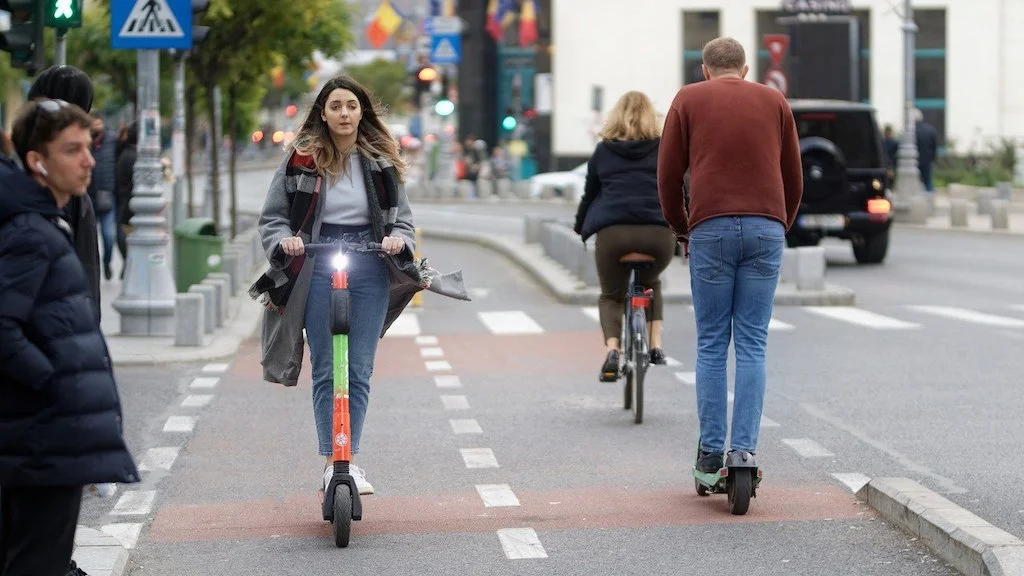Micro-mobility users need more infrastructure and better integration with public transport
A European Parliament debate on the European Commission’s New Urban Mobility Framework has called for more and better infrastructure for micro-mobility users, better integration with public transport, better road safety education and harmonised technical standards.
Hosted by Micro-Mobility for Europe, a coalition of shared micro-mobility providers, the speakers agreed that the availability of micro-mobility reduces car dependency and complements public transport and is an innovation that helps cities make urban mobility greener and smarter.
Daniel Mes, representing the European Commission’s Executive Vice-President Frans Timmermans – who leads work on the European Green Deal and European Climate Law – confirmed that “banning micro-mobility in cities is not a desirable outcome”.
While speakers acknowledged the important role that micro-mobility is playing in reducing congestion and emissions, they called for action on:
Improving infrastructure: more space and safe infrastructure encourages the safe use of micro-mobility and cycling
Working towards harmonised technical standards: to ensure an innovation-friendly framework, EU technical requirements for personal light electric vehicles is needed for e-scooters and e-bikes
Encourage multimodality: micro-mobility strengthens public transport via first and last-mile trips and by making the combination more attractive, car dependency can be reduced
Panellist Jens Müller, Policy and Research Lead with Clean Cities Campaign said, “We urgently need to use all available options to reduce the use of polluting cars in our cities. There are plenty of workable options available to mayors to make everyone’s life better and tackle the climate crisis by letting citizens jump on shared bikes or e-scooters, while putting in place measures that guarantee road safety and a fair sharing of scarce public space.”
Welmoed Neijmeijer, Micro-Mobility for Europe Co-Chair, emphasised that “to maximise the societal benefits of micro-mobility solutions, infrastructure is needed and authorities must move away from car-centric spatial planning”.
During the event Micro-Mobility for Europe released industry-aggregated safety injury data of shared e-scooter riders. This showed that in 2021, fatality rates for shared e-scooters were twice as low as private e-scooters and the overall risk of incidents requiring medical treatment is 60% lower than comparable data from 2019.

